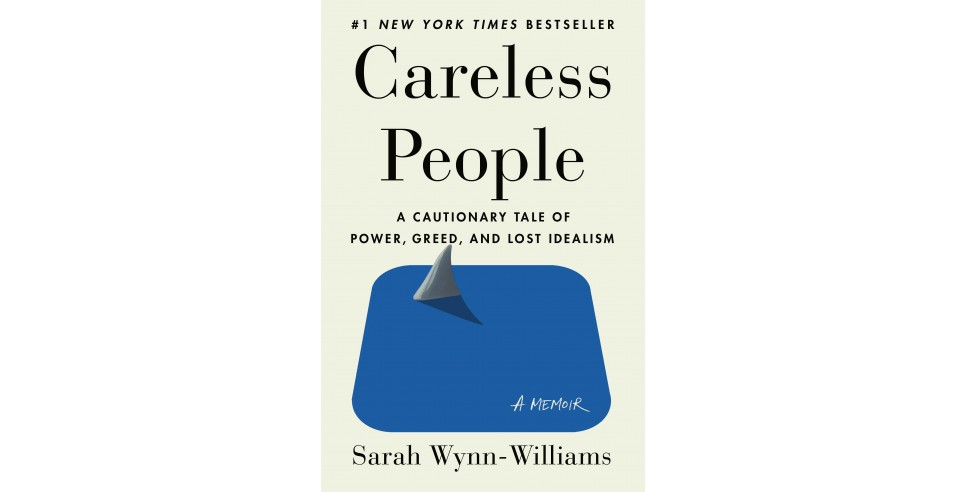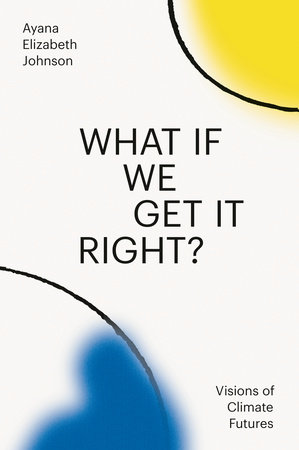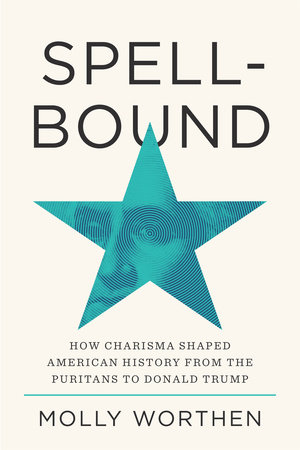
The annual Book Bingo program offered by my regional library system guaranteed that I would stop in at the local library branch with regularity this summer. I was seeking books that would correspond to the categories listed on the squares of my bingo sheet. One square required that I read a book that had a flower on the cover, so I wandered the aisles, pulling out books, until I stumbled across E.J. Koh’s memoir, “The Magical Language of Others.” At other times, I’d sit down at home with my laptop, type in other topics required in the bingo grid, and scroll through the library’s online catalog of listings.
That’s how I ended up checking out a book by none other than Gerald R. Ford to satisfy my “Humor” square requirement. I spent an hour or two paging through “Humor and the Presidency.” The former president had compiled cartoons that lampooned his repeated stumbles. He’d included reminiscences contributed by his Republican colleagues Dick Cheney and Donald Rumsfeld. Those two were never renowned for their funny bones, but they shared their 1970s, Republican version of comedic anecdotes. The book also had jokes that Ford’s speechwriters inserted into remarks he delivered in different venues and situations – when the nation’s 38th president visited South Bend, Indiana, his punch line “Notre Dame has the quickie!” really brought down the house. (You’ll have to read the book to understand the context.) By the time I’d gotten to the final page, I’d say my reaction was bemused, rather than amused – but I surely had been exposed to a new-to-me outlook.

That happened again and again with this Book Bingo challenge: authors from A to Z – Ayana Elizabeth Johnson (“What If We Get It Right?”) to Alejandro Zambra (“Chilean Poet”) – fueled my imagination with their perspectives on life, and also sufficed for the “Hope” and “Author from Another Continent” squares on my bingo card.

Three works of nonfiction – “Spellbound” by Molly Worthen, “The Brothers Vonnegut” by Ginger Strand, and “Careless People” by Sarah Wynn-Williams – provided informative backfill to the chaos that Americans were experiencing in real time this summer over draconian DOGE cutbacks, Trump administration impoundments, and Congressional funding rescissions. “City of Thieves,” David Benioff’s novel about the World War II siege of Leningrad, heightened my horror as I watched this summer’s nightly news coverage of Russia’s grotesque actions in its continuing invasion of Ukraine.
By the end of August I’d completed my bingo card and, by extension, had actively engaged in my own self-directed course of informal education. I’d learned new words and considered different points of view. I looked up places on the map that I’d never heard of before. I’d filled in not just the little squares on my bingo card but also some gaps in my understanding of world history, science, war trauma and international relations.
I wonder how many thousands of other library patrons may have participated in the same activity, but with different books and different takeaways.
That’s the beauty of informal education. It’s available not only in libraries, but also in museums, science centers, theatres and concert halls, zoos, botanical gardens, historic sites, parks – even eateries. Whether folks taste tres leches cake for the first time, or come across a work of art that mesmerizes them, or hike a trail that takes their breath away, it adds new facets to their appreciation of the scope of the world we all live in.
But – poof! The stroke of a Sharpie, the delete button on a DOGE techie’s computer, the political cuckolding of Congress – and now the funding has disappeared or been severely pruned back for the mainstay institutions – public media, national parks, libraries, art programs and history museums – that Americans for generations have relied upon for just that kind of ongoing, experiential learning.
Since Trump regained the Oval Office and the National Park Service lost fully a quarter of its permanent staff, visitor centers at national parks throughout the country have had to cut back their open hours, and reduced park staffing has meant that fewer interpretive programs and ranger-led hikes could be offered, while behind-the-scenes work, like infrastructure improvements and wildlife research, has virtually come to a standstill. As he did in his first term, Trump also is moving to reduce or even remove protections for a number of national monuments in order to make way for mining and oil drilling operations.
In the nation’s capital, the Trump administration pressured the Smithsonian to remove exhibits that interpret the nation’s history of enslaved peoples and the struggles to secure civil rights for LGBTQ populations. At the Kennedy Center, Trump fired the staff and demanded that the programming be changed to reflect his own taste. At the White House, he directed staff literally to uproot and pave over the historic Rose Garden.
“Do your own research” has been the mantra of conservative talk-show hosts and conspiracy theorists since the rise of the digital era. Taken at face value, and with internet access, that sounds like good advice. But we are deluding ourselves if we think that having mellifluously-voiced virtual assistant technology, poised to supply an answer to any question we might ask, will supply us with the range of information that might actually be available. Algorithms know what we’d prefer to see. Click-bait provides many distractions. Trusting that Mark Z and the other tech bros running billion-dollar empires are chiefly motivated by altruistic impulses is a lame idea – read “Careless People” for one insider’s view of what happens in their private jets, limos and C-suites. And understand that online media is indeed mediated – in ways we have not received sufficient education to understand.
The older way of researching can be messier and time-consuming. It sometimes requires physically going to places – archives, libraries, think tanks, schools, museums. Talking with people. Sifting through alternative assertions of fact. Evaluating the trustworthiness of sources. Designing new experiments, positing new ideas, writing up research and having it reviewed by a panel of one’s peers. Owning up to mistakes and trying again. And – it bears repeating – talking with people – which, for kids whose socialization was interrupted by COVID, is harder than it used to be.
So all of the above reflects the concern with supports being pulled out from under informal education initiatives.
Meanwhile, the federal agency that supports formal education in this country, the Department of Education, already has seen its workforce slashed in half since Trump returned as President. The Department’s work includes disseminating educational research and funding, ensuring equal access to education and prohibiting discrimination. But beyond the decimation of staff, the Department has been further charged via executive order to close down operations to the maximum extent that is allowed by law. Funding from the Department of Education, the National Institutes of Health, and the National Science Foundation has been withdrawn from major research universities. Much of this has forced long-term, groundbreaking research into disease prevention, new energy technologies and the like, to be abruptly canceled without allowing for results to be discovered and published.
We might ask: to what end is all of this educational deprivation? Is it to make Americans less smart? To starve their curiosity? To deny them access to new ideas and inspirations? To lessen their tolerance for different points of view? To widen even further the gulf between the haves and have-nots in this country? To reduce American competitiveness in the global work force? Or maybe… is it to weaken our nation?
Bingo.
Barbara Lloyd McMichael is a freelance writer living in the Pacific Northwest









